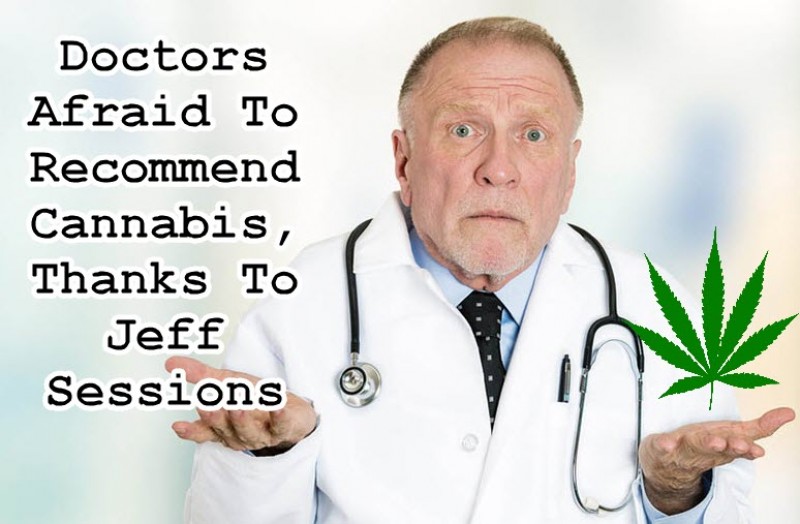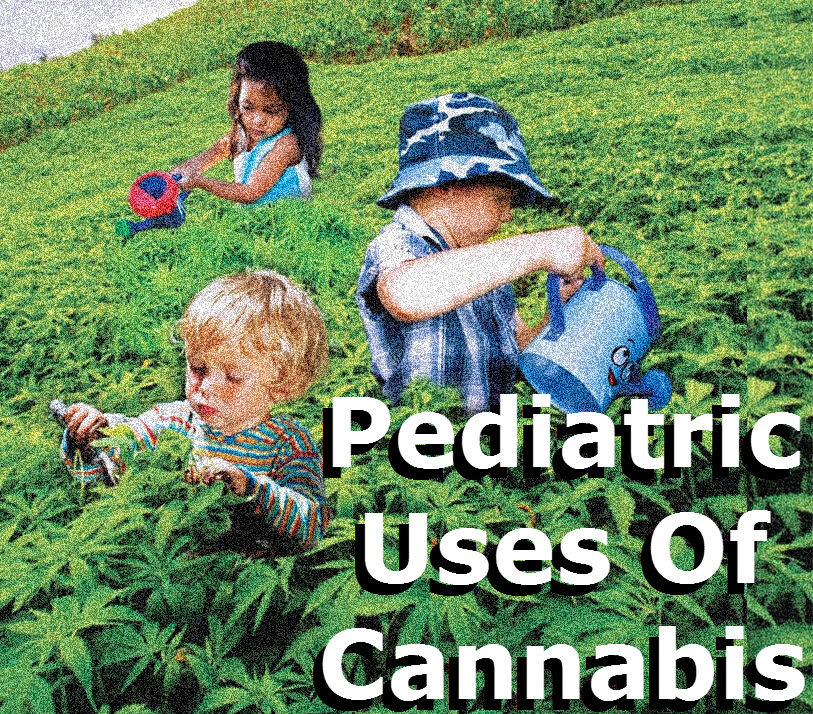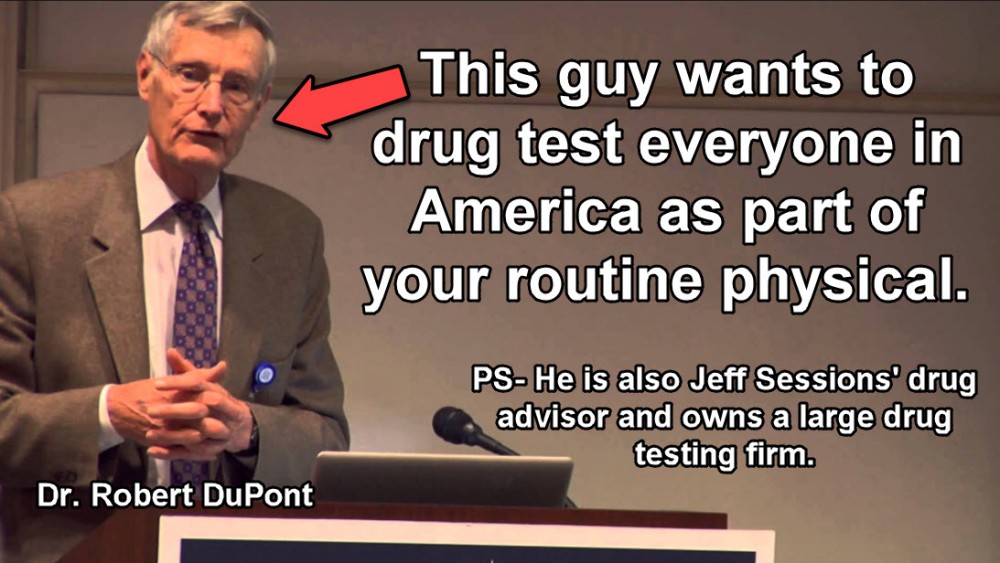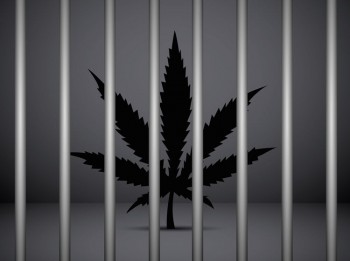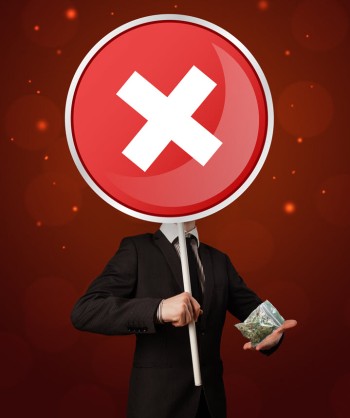Doctors Afraid To Recommend Cannabis, Thanks To Sessions
Doctors Afraid To Recommend Medical Cannabis Thanks To Jeff Sessions from CannabisNet on Vimeo.
On January 4 of this year, Sessions made an announcement that he was going to allow federal prosecutors the liberty of going after cannabis businesses in states where MMJ laws are present.
Not only did his announcement send tremors throughout the legal cannabis industry, it affected the medical community as well. As if it weren’t bad enough that medical students don’t have the training to prescribe cannabis, Sessions’ announcement scared doctors off recommending cannabis.
An article by the Washington Post discusses how some doctors have withdrawn from their state MMJ programs since January 4th because of Sessions. As soon as the announcement was made, Gene Ransom, CEO of the Maryland State Medical Society said that the phones were ringing off the hook. “We must have had 400 physicians calling to ask us what this was going to mean,” Ransom says.
Even if Maryland already legalized medical cannabis a month before the January 4 announcement, doctors who initially registered ended up backing out. “I know of two who had already registered who decided not to take the risk after all,” Ransom says. “One of them had already written recommendations for several patients.”
The article discusses how other states are facing the same problem. In New York, there are 97,000 licensed doctors yet only 1,200 of them signed up to offer cannabis. In Massachusetts, only 218 doctors have registered for the MMJ program, which was launched three years ago. These hurdles are making it increasingly difficult for patients to get the medicine that they badly need, even if it’s already easily accessible in their home state.
“I think it’s been a huge impediment,” says Nicole Snow of the Massachusetts Patients Advocacy Alliance said.
Many doctors already take a completely hands-off approach, as they feel no need to engage in the smoky legal atmosphere or face the consequences of losing their licenses. On the other hand, other doctors work for hospitals that reject cannabis.
But those who are willing to take the risk of recommending cannabis, they face a lack of education since cannabis use isn’t taught in schools.
“It’s a product that most doctors don’t know anything about,” says Waldorf-based pain specialist Ehsan Abdeshahian, who was assigned to the cannabis commission by Gov. Larry Hogan. “The priority now is to educate the providers.”
Abdeshahian is working on a plan to establish an online program that seeks to educate eligible medical providers, from midwives to dentists and physicians. The current problem being faced by the medical community is that unlike other pharmaceutical drugs, the dosage guidelines of cannabis are so different for each person. Plus many doctors still question the efficacy and safety of cannabis.
“I don’t think we’re ready for it,” says Gary Pushkin, an orthopedic surgeon from Baltimore. Pushkin wants more evidence despite the mounting evidence that cannabis is effective in treating a wide range of ailments.
Last year, researchers from the Washington University School of Medicine asked for feedback from medical school students, including residents and fellows, about medical cannabis. They also looked at the curriculum kept by the Association of American Medical Colleges (AAMC), and discovered that cannabis still isn’t being taught in today’s medical education system.
“Medical education needs to catch up to marijuana legislation,” says the study’s senior author Laura Jean Bierut MD. “Physicians in training need to know the benefits and drawbacks associated with medical marijuana so they know when or if, and to whom, to prescribe the drug.” The researchers sent surveys to med schools in North America, as well as 31 that teach osteopathy. Based on their feedback, 66.7% said that their graduates aren’t prepared to recommend medical cannabis, and a quarter of deans said that their trainees don’t have the skills to answer cannabis-related questions. Among the residents and fellows who participated in the survey, a staggering 90% admitted that they weren’t prepared to recommend cannabis and 85% said that they haven’t received the education necessary to learn the medical benefits of cannabis during their training at residency or in any medical school around the country.
Additionally, the researchers also discovered that only 9% of medical schools say that they teach students about cannabis.
Have you faced difficulties getting an MMJ recommendation from your doctor in a state where it’s legal? Share your experience with us in the comments below!
Doctors Afraid To Recommend Medical Cannabis Thanks To Jeff Sessions from CannabisNet on Vimeo.
OTHER STORIES YOU MAY ENJOY...
KIDS AND MEDICAL MARIJUANA, CLICK HERE.
OR..
JEFF SESSIONS DRUG TESTING DOCTOR, CLICK HERE.
